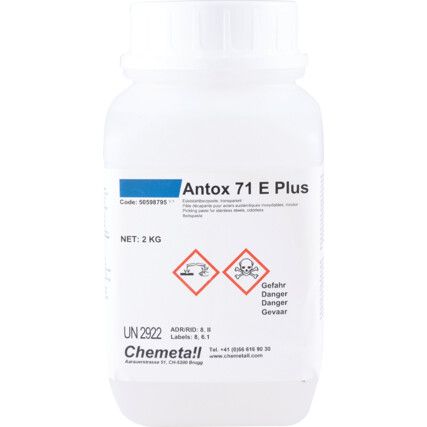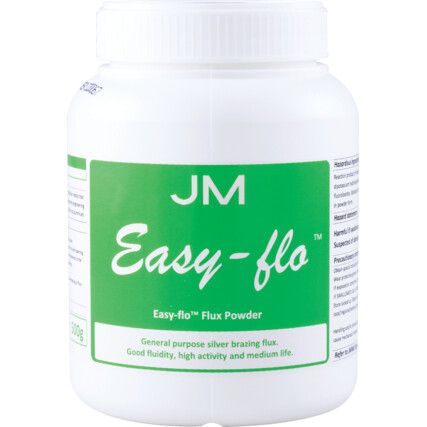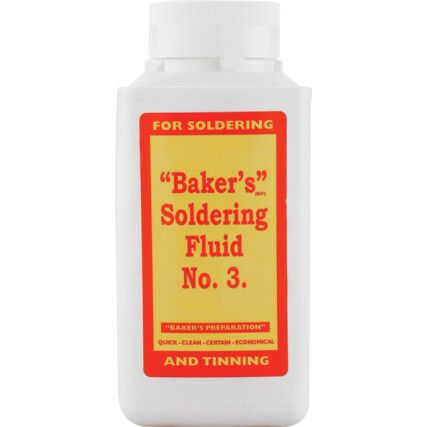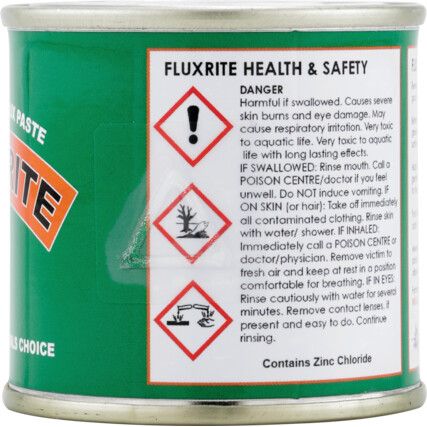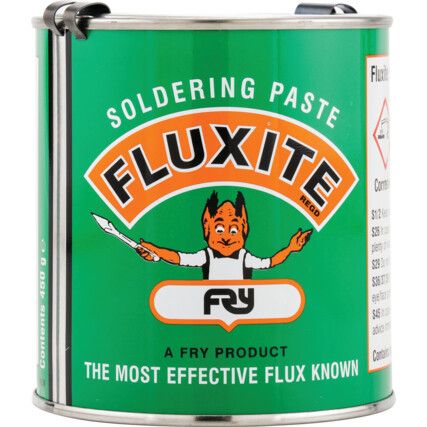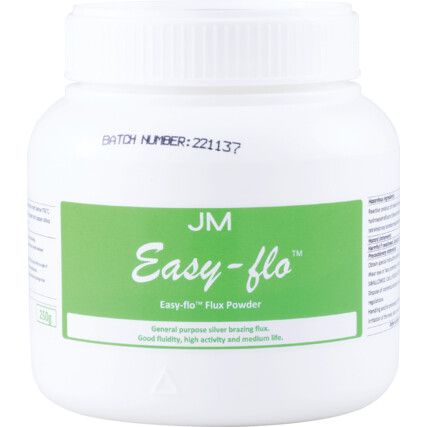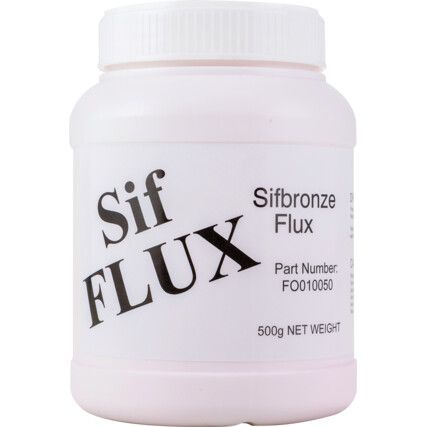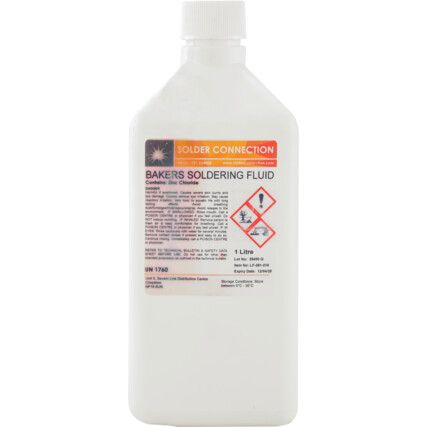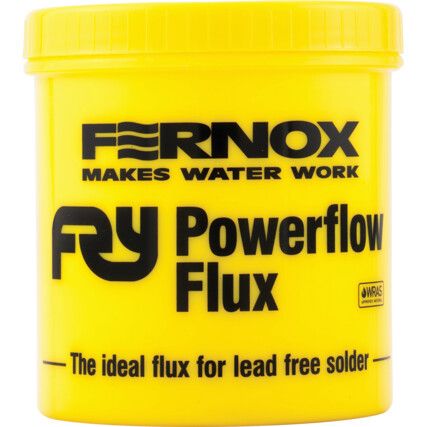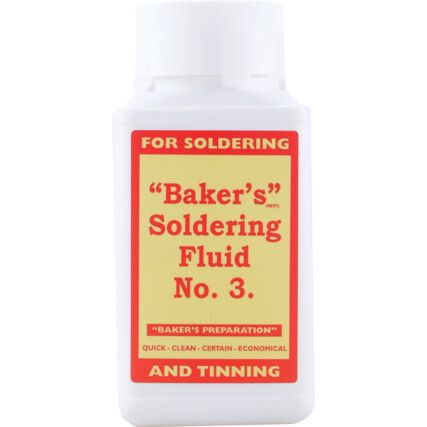Flux
Solder your electronic devices accurately, efficiently, and safely with the use of flux. No matter the size or application method, Cromwell offer a wide range of flux from leading brands such as Fry®, Sif®, and Johnson Matthey®.
Why flux?
Flux is a substance which promotes efficient and accurate soldering by removing oxidisation of the metal and prevent further oxidisation after the solder has been completed. It also aids in the soldering process by priming the surface and allowing the solder to flow uniformly and bond with the metal cleanly.
Flux types
There are various types of flux based on their chemical makeup, all of which provide different benefits. Below are some of the more common flux types and their benefits:
• Rosin flux - Rosin flux is one of the oldest types of flux and is based on refined pine sap. It is acidic when hot to promote surface cleansing and priming, it also becomes inert when cold allowing it to be left on the circuit board, if it can be kept at a cool enough temperature to not become liquid again.
• Organic acid flux - Water solubile organic acids such as citric, lactic, or stearic acid are common fluxes due to their ability to be washed off easily with water. As the acidity is stronger than rosin flux, they clean the surface quicker, however the residue is electrically conductive so it should cleaned off after the soldering process is complete.
• Inorganic acid flux - Inorganic acid fluxes work best with stronger metals such as copper, brass, or stainless steel. They are based on stronger acids such as hydrochloric acid, zinc chloride, or ammonium chloride, and require complete cleaning after use otherwise it could weaken the solder joint. It is not recommended to be used as electronic flux and should be used in other industries such as plumbing.
FAQs
What type of flux is used for electrical soldering?
Both rosin and organic acid fluxes can be used for electronics. Rosin is usually preferred as it can clean just as well as organic acid fluxes (although not as quickly) and remain on the circuit board so long as it doesn't get too hot to melt again. This allows for continuous protection from re-oxidisation.
Can I solder without using flux?
It is possible to solder using Tin-Lead solder without flux if the soldering iron and surface are clean and primed. This should be completed by using an alcohol-based cleaner which doesn't leave any residue, otherwise it could risk the integrity of the bond. If soldering without a lead-based solder, then flux should be used as it will promote uniform solder flow.
